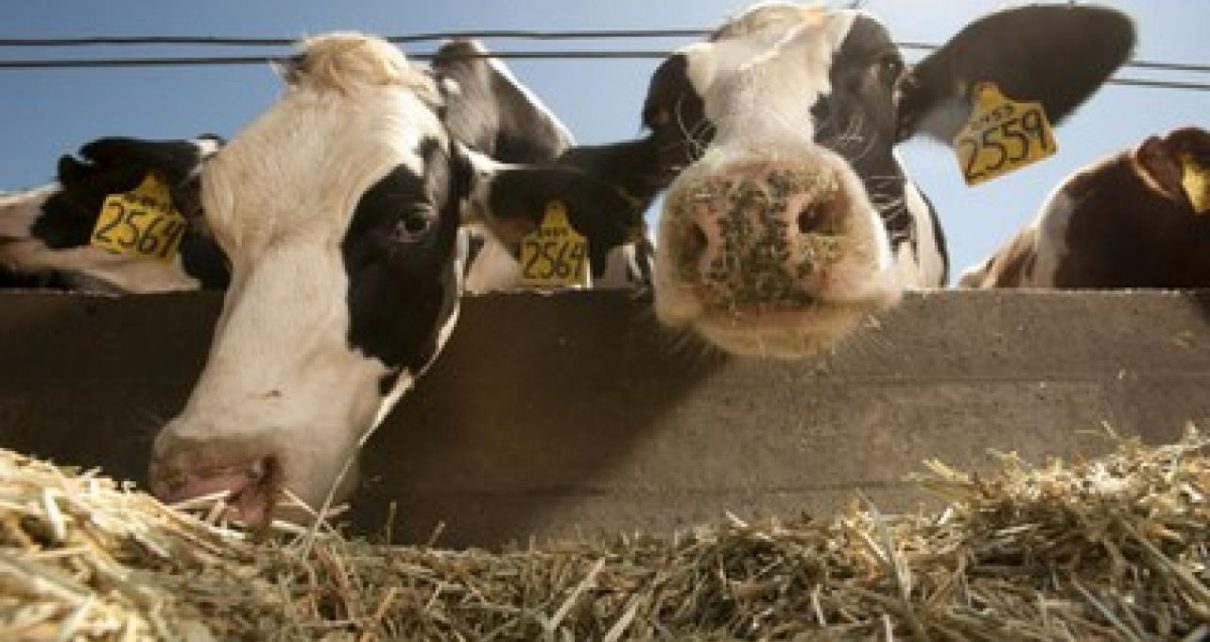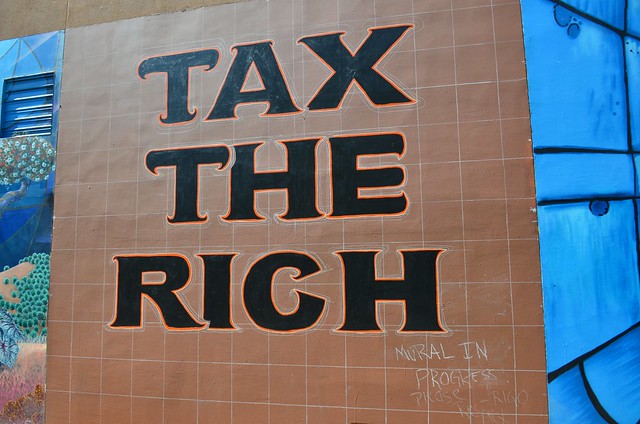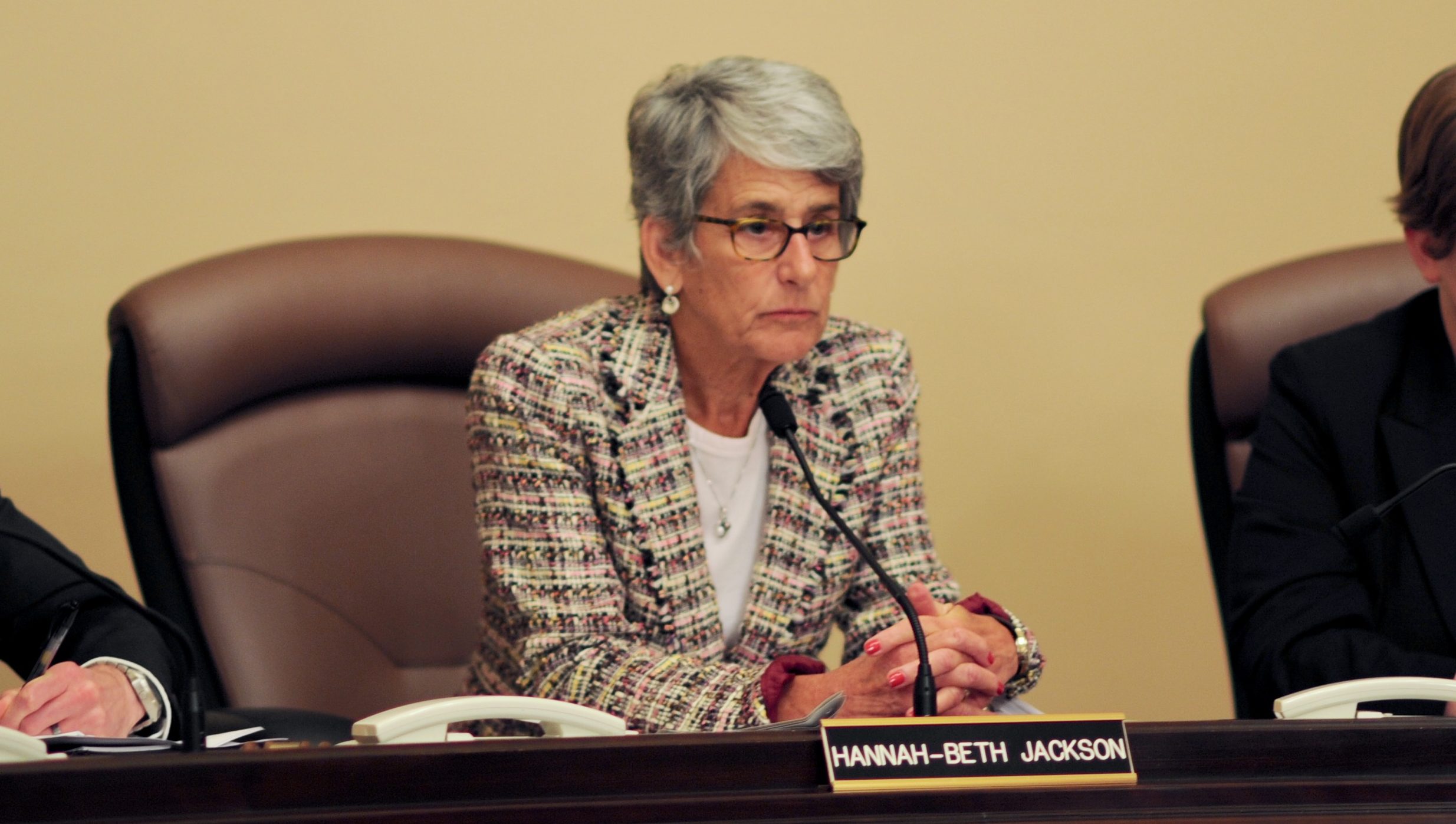
CA Lawmakers Propose a ‘Carbon tax’ to Replace Sales Tax
Gives CA Air Resources Board okay to determine ‘carbon intensity’ of every product sold in California?
By Katy Grimes, February 21, 2019 1:30 am
California lawmakers are proposing replacing California’s sales tax with a “carbon tax” based on the “carbon intensity” of specific products. The bill, SB 43 by Sen. Ben Allen (D-Santa Monica) would require the State Air Resources Board, in consultation with the California Department of Tax and Fee Administration, to submit a report to the Legislature on the results of a study, to propose and to determine the feasibility and practicality of, a system to replace the tax imposed pursuant to the Sales and Use Tax Law with an assessment on retail products sold or used in the state based on the carbon intensity of the product to encourage the use of less carbon-intensive products.
“The goal is to use higher prices to influence Californians to purchase products in a way that is supposed to help reduce climate change,” reported Sarah Boot at the Cal Chamber.
CARB has long wished for a carbon tax, but the United States Commerce Clause always got in the way. The Commerce Clause limits a state’s ability to tax out-of-state persons, and mandates that Congress shall have the power to regulate interstate commerce. Because the power to regulate interstate commerce is granted to Congress, states may not enact laws that discriminate against or substantially interfere with interstate commerce.
Additionally, the dormant Commerce Clause, which says states may not enact laws that discriminate against or substantially interfere with interstate commerce, prevents a state from imposing border tax adjustments as part of its carbon tax. This is something the CARB has been working to find a way around. Several studies such as State-Level Carbon Taxes and the Dormant Commerce Clause: Can Formulary Apportionment Save the World? have been published on the CARB website to address ways to accomplish a carbon tax.
Sarah Boot, whose area of expertise at the Cal Chamber is Privacy and Tax, asks some pertinent questions:
• Who within CARB or the CDTFA will determine the “carbon intensity” of every single product sold or used in California? Would it be a team of scientists? Would companies around the country and the world have to send the CDTFA some sort of form assessing the “carbon intensity” of every single one of their products sold in California? How will the CDTFA verify the accuracy of such information? How will they enforce this new requirement here in California when so many products come from out of state or from another country?
• Assuming they can do this, how will they convey the specific carbon sales tax for every single product to retailers in this state? Could they assign the different rates of carbon sales taxes to categories of products? Or would this be unfair because two companies could produce the same type of product with significantly different carbon intensities?
• What will be included in the determination of “carbon intensity”? Some of the factors contributing to “carbon intensity” can include the amount of fuel combusted, the number of animals used, certain industrial processes, and distances traveled. What else?
• What will be the impact of assessing a carbon sales tax based – in part – on how far a product must travel to get to our state? If the same company produces a product in two different states, one closer to California than the other, will that same product from the same company have two different prices? Will the distance to each local jurisdiction in our large state be part of the “carbon intensity” measurement? For example, if a product is manufactured in Oregon and sold in San Diego, will it have a different “carbon intensity” measurement than the same product sold in Sacramento?
• How will the carbon sales tax impact lower income Californians? Will there be some Californians who don’t have many options when trying to buy products with a lower “carbon intensity?” Will it impact their ability to buy meat and dairy products, including milk and formula? Will it increase the cost of their utilities and driving? Will their cost of living go up?
• Per SB 43, the carbon sales tax has a goal of revenue neutrality. Yet, if the carbon sales tax is successful at getting consumers to stop purchasing products with higher carbon emissions, via their higher tax rates, wouldn’t revenue ultimately be diminished?
• California’s sales and use tax is one of the state’s most stable forms of revenue. How would a carbon sales tax impact budget volatility?
SB 43 will require the California Air Resources Board and the California Department of Tax and Fee Administration, to submit a report to the legislature by 2021.
The Carbon Tax Center reports on carbon taxes that have been enacted or proposed around the world, including in:
- United Kingdom
- Ireland
- Australia
- Chile
- Sweden
- Other Nations (including Finland, Great Britain, and New Zealand)
A great deal of pressure is being applied on the United States to join in, but so far, President Donald Trump’s administration has been resistant. California, on the other hand, has taken a go-it-alone approach under former Governor Jerry Brown, partnering with Oregon, Washington and British Columbia forming an illegal compact when they signed the Pacific Coast Action Plan on Climate and Energy, “to align climate change policies and promote clean energy.”
- Steve Hilton Show: Newsom Proposes Tax Credits for Hollywood, Shirks Other Industries - October 30, 2024
- How to Kill a State in 5 Easy Steps: Gavin Newsom’s California - October 29, 2024
- Gov. Newsom Gifts Tax Breaks to La La Land, Betting on the Losers - October 28, 2024





Let Sen. Ben Allen (D-Santa Monica) know what you think of this nonsense:
https://kfiam640.iheart.com/featured/john-and-ken/content/2019-02-20-write-call-and-tell-senator-ben-allen-to-stop-the-cheeseburger-tax/
Sure glad we moved out of California… the politicians are right about the air in CA, something is wrong. It is making them all insane!
Another way of disrupting wealth to nations who dont comply like China Russia India and all Muslim Faith Nations, that’s why Trump wont comply, we in the US are already going far beyond and hurting badly because of it that the nations who refuse to comply
Hey Californians, If you fall for this one then the ones who vote for it deserve what they will get.
I feel sorry for the ones who vote against it, they will reap the same “rewards” as the ones who vote for it.
The Democrats will start with: “This year we will vote in the Carbon tax. After everything is settled down
next year we will end the sales tax.”
They will never end the sales tax, it brings in too much money and the revenues rise each year.
Those of us who live in proximity to a bordering state will be shopping there if this ridiculous scheme is foisted upon us.
Also, food is currently not taxed in California. Given that things like cow farts are such a danger to the world, food will now be taxed because every food item certainly has a carbon footprint associated with it. Right? That alone would be a MASSIVE tax increase on everyone.
Perhaps the tax will only apply to the evil people that have worked hard and earned a good living. Of course politicians and big democrat donors will get exemptions.
Maybe they can tie this to slave reparations and only tax white people?
The possibilities for the democrats to raise taxes in California are endless, and I’m sure all of the above have/are being considered.